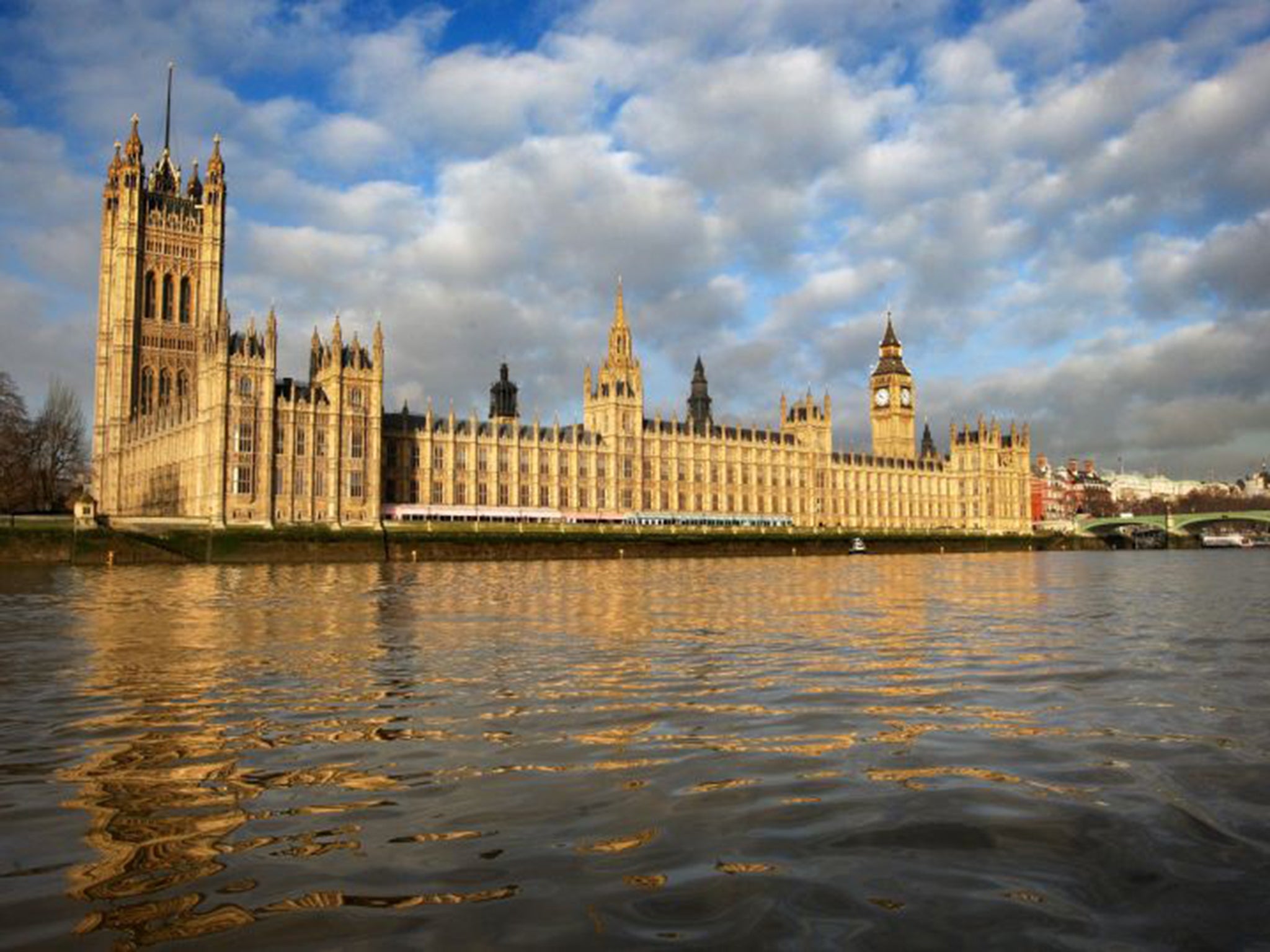New Transparency International UK report lays bare the scandal of lobbyists
The current rules are inadequate despite new laws, and 40 loopholes allow corrupt activity

Your support helps us to tell the story
This election is still a dead heat, according to most polls. In a fight with such wafer-thin margins, we need reporters on the ground talking to the people Trump and Harris are courting. Your support allows us to keep sending journalists to the story.
The Independent is trusted by 27 million Americans from across the entire political spectrum every month. Unlike many other quality news outlets, we choose not to lock you out of our reporting and analysis with paywalls. But quality journalism must still be paid for.
Help us keep bring these critical stories to light. Your support makes all the difference.
Lobbyists can take advantage of nearly 40 loopholes that can “open the door to corrupt activity” in British political institutions, according to a report by Transparency International UK (TI UK) today.
Published to coincide with the fifth anniversary of David Cameron’s warning that “lobbying is the next big scandal waiting to happen”, TI UK said British citizens still “have little opportunity to understand who is lobbying whom, for what purpose and with what funds”. Britain has the world’s third biggest lobbying industry, worth an estimated £2bn.
A watered-down Lobbying Bill became law last year, but critics complained this defines only 1 per cent of lobbyists and lacks clarity over what “direct contact” with a minister or permanent secretary really means.
The report, Lifting the Lid on Lobbying, argues there is still a series of activities allowed under the rules that run the risk of being abused. These include allowing major party donors to be offered peerages; no requirement on lobbyists to declare expenditure on gifts and hospitality to public officials; and, apart from in Northern Ireland, legislators are allowed to retain conflicts of interest provided they have declared them.
Dr Robert Barrington, TI UK’s executive director, said: “Many recent lobbying scandals have fallen largely within the rules, clearly demonstrating that the current regulatory regime is inadequate.”
The report identifies 14 types of scandal over the past five years, including peers as paid lobbyists, evidence for policy decisions being obscured or withheld, and ministers failing to declare meetings with lobbyists.
The report cites the 2011 example of Theresa Villiers, then Transport minister, and her lunch with a university friend – a lobbyist for a developer. The Tory MP described this as a private engagement that did not need to be disclosed, but plans for a £400m rail freight exchange the developer was working on were discussed. Ms Villiers was cleared of any wrongdoing. The House of Commons was found to have the least transparent lobbying rules of Britain’s five major political institutions, and Northern Ireland’s Assembly the best. The House of Lords was found to be better than the Scottish Parliament and the Welsh Assembly. The report recommends MPs and legislators follow Wales and Scotland in keeping a record of lobbying meetings and, as is the case in the Lords, prohibiting members from providing paid service to lobbyists.
“We are not saying that lobbying is a bad thing, but it can go badly wrong, allowing democracy to be distorted by those who have the most money and access,” said Dr Barrington. “If politicians are serious about cleaning up politics, they need to close the lobbying loopholes that open the door to corruption.”
Permissible behaviour in the UK currently includes: influential all-party parliamentary groups being able to hold meetings in Westminster with no obligation to publish who attends; think-tanks and lobbyists withholding information about their funders; and political parties accepting donations without any limit.
A recent TI UK survey suggested about three in five people believe the Government is “entirely” or “to a large extent” run by a few big entities acting in their own best interests.
Subscribe to Independent Premium to bookmark this article
Want to bookmark your favourite articles and stories to read or reference later? Start your Independent Premium subscription today.
Join our commenting forum
Join thought-provoking conversations, follow other Independent readers and see their replies
Comments